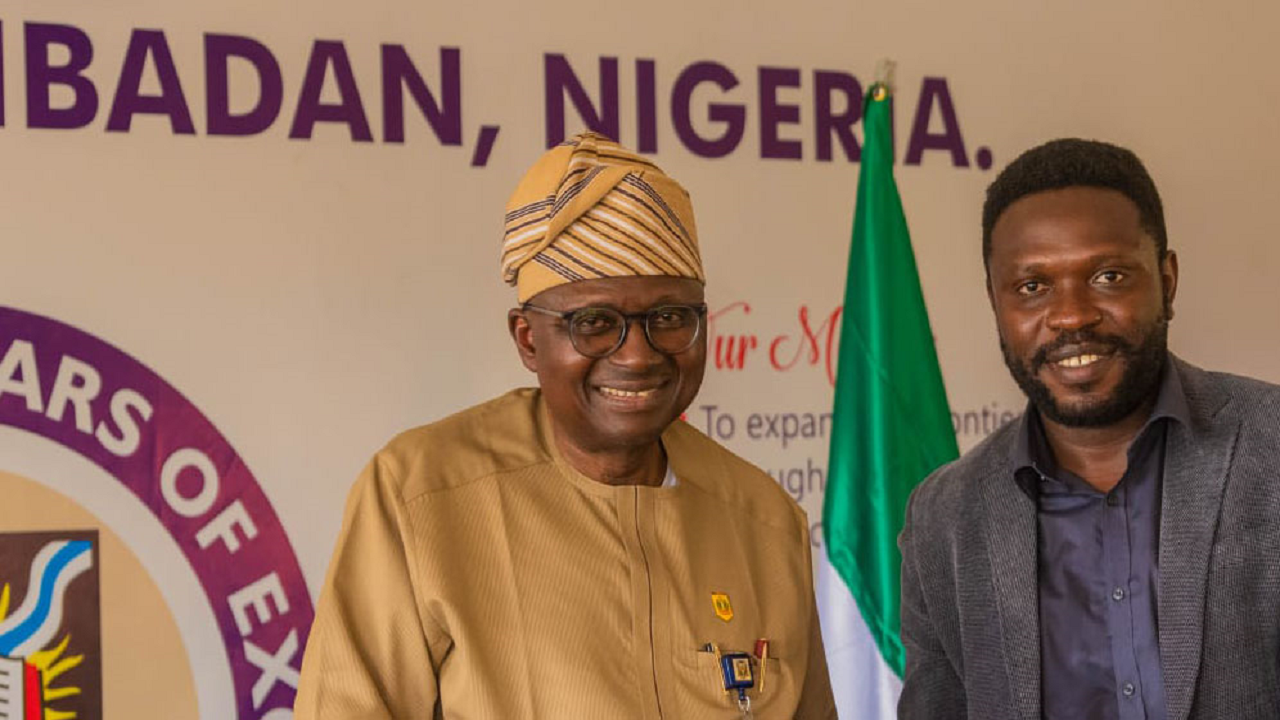
The FAO has praised the University of Ibadan for successfully completing their initiative called "Aquaculture and Rural Communities," focused on enhancing farm diversification and nutrition outcomes in Kebbi and Ebonyi states through integrated agriculture and aquaculture systems. Dr Oluwafemi Ajayi, the FAO Project Coordinator, highlighted that the project, lasting around three years, surpassed expectations.
Despite its original end date in September 2023, due to its exceptional success, additional funding has been secured to extend the project and tackle identified challenges. Funded by USAID, this project stands out as the most successful among sponsored initiatives.
During a meeting with Professor Kayode Adebowale, the Vice-Chancellor, Dr. Ajayi disclosed that the exceptional performance of the University of Ibadan (UI) has led the FAO to commit to continued assistance for local farmers. The FAO expert highlighted UI's distinctive role in Nigeria as the only university associated with the Global Sustainable Aquaculture Advancement Partnership (GSAAP).
He assured that the current Memorandum of Agreement (MoU) would be extended, enabling UI to amplify its contributions to the project, specifically by sharing technologies with small-scale farmers. This effort resonates with the project's core emphasis on sustainability.
Professor Adebowale, the Vice-Chancellor, highlighted that a university's significance goes beyond its physical infrastructure to encompass the quality of education and research. He was unsurprised by the accomplishments of the Aquaculture and Fisheries Management Department at UI, known for its excellence in Aquaculture studies.
He stressed the importance of small-scale farmers as the foundation of the agricultural network, suggesting that focusing on this group would positively impact the national economy. The research aimed to introduce integrated rice-fish farming in Kebbi and Ebonyi states in Nigeria. This method involved small-scale farmers intensively managing diversified farms.
The research aimed to assess the impact of integrated agriculture-aquaculture (IAA) systems on various aspects such as safety nets, dietary variety, livelihood options, rural employment (especially among youth and women), resource utilization, and the role of innovative policies and institutions. The initiative engaged around 200 farmers and 30 extension workers from Kebbi and Ebonyi States, with a notable inclusion of 40 percent being young and female farmers.
The project was funded by USAID and executed under the supervision of Mississippi State University. It was a collaborative effort involving FAO – University of Ibadan and the University of Georgia, USA, as implementing partners, along with Usmanu Danfodiyo University in Sokoto and Michael Opara University of Agriculture in Umudike, Abia State, as national partners.
This research had a multifaceted purpose, including evaluating technology suitability for local farmers and investigating the outcomes of integrating agriculture and aquaculture systems on various socio-economic factors. The project's implementation involved educating farmers and extension workers from Kebbi and Ebonyi States on farm diversification. Notably, the inclusion of young and female farmers in the initiative highlighted its commitment to inclusivity and diverse participation.
This research had a multifaceted purpose, including evaluating technology suitability for local farmers and investigating the outcomes of integrating agriculture and aquaculture systems on various socio-economic factors. The project's implementation involved educating farmers and extension workers from Kebbi and Ebonyi States on farm diversification. Notably, the inclusion of young and female farmers in the initiative highlighted its commitment to inclusivity and diverse participation.










